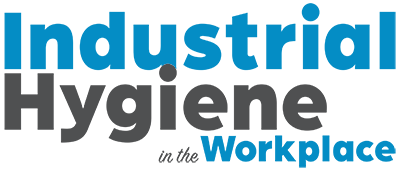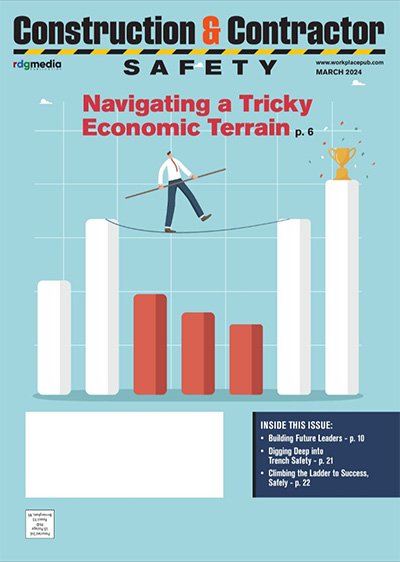E.P.A. to lift Obama-Era controls on methane, a potent Greenhouse Gas
The Trump administration is expected in the coming days to lift Obama-era controls on the release of methane, a powerful climate-warming gas that is emitted from leaks and flares in oil and gas wells, according to The New York Times.
The new rule on methane pollution, issued by the Environmental Protection Agency, has been expected for months, and will be made public before Friday, according to a person familiar with the matter who spoke anonymously to avoid publicly pre-empting the official announcement.
In April, the E.P.A. weakened rules on the release of toxic chemicals from coal-fired power plants, loosened curbs on climate-warming tailpipe pollution and opted not to strengthen a regulation on industrial soot emissions that have been linked to respiratory diseases, including Covid-19.
In July, President Trump unilaterally weakened one of the nation’s bedrock conservation laws, the National Environmental Policy Act, limiting public review of federal infrastructure projects in an effort to speed up the permitting process for freeways, power plants and pipelines.
This and any other regulatory changes put forth by the Trump administration in the latter half of 2020 could be quickly undone in the first half of 2021, if, as polls now suggest, Joseph R. Biden Jr. wins the White House and Democrats take control of the Senate. That’s because of a Senate procedure known as the Congressional Review Act, which gives lawmakers 60 legislative days to overturn major new regulations issued by federal agencies. In the early days of the Trump administration, Republicans used the procedure to undo 14 Obama-era rules.
The E.P.A.’s new methane rule eliminates federal requirements that oil and gas companies must install technology to detect and fix methane leaks from wells, pipelines and storage sites.
E.P.A. officials say the new, weaker methane rule is needed to free the oil and gas industry from what they call crippling regulations at a moment when companies are suffering from plummeting prices and falling demand driven by a sharp global economic slowdown. The weakening of the rule, however, has been in the works for more than a year.
Oil and gas companies have had mixed responses to the rollback. Some major companies have spoken out against the weakening of methane regulations — joining some automakers, electric utilities and other industrial giants that have opposed other administration initiatives to dismantle climate change and environmental rules.
But smaller, independent oil companies are expected to applaud the rule as a welcome measure of relief when many are struggling to stay afloat.
Most climate change regulations target carbon dioxide, which is produced by burning fossil fuels and is the most damaging greenhouse gas. Methane, which is a close second, lingers in the atmosphere for a shorter period of time but packs a bigger punch while it lasts. By some estimates, methane has 80 times the heat-trapping power of carbon dioxide in the first 20 years in the atmosphere.
Methane currently makes up nearly 10 percent of greenhouse gas emissions in the United States. A significant portion of that comes from the oil and gas industry, although other sources include cattle and agriculture.
In August, Andrew Wheeler, the head of the E.P.A., made public a draft of the methane rule, saying at the time that it “removes unnecessary and duplicative regulatory burdens from the oil and gas industry.”
Share on Socials!
Department of Labor announces hazard alert, steps up enforcement as extreme heat endangers workers across the nation
Las Vegas Amazon facilities under multiple state investigations amid employee COVID-19 illnesses
COVID-19 vaccine won’t be ready in weeks, nor mandatory
Leaders in Industrial Hygiene
Council for Accreditation in Occupational Hearing Conservation (CAOHC)
Subscribe!
Sign up to receive our industry publications for FREE!








